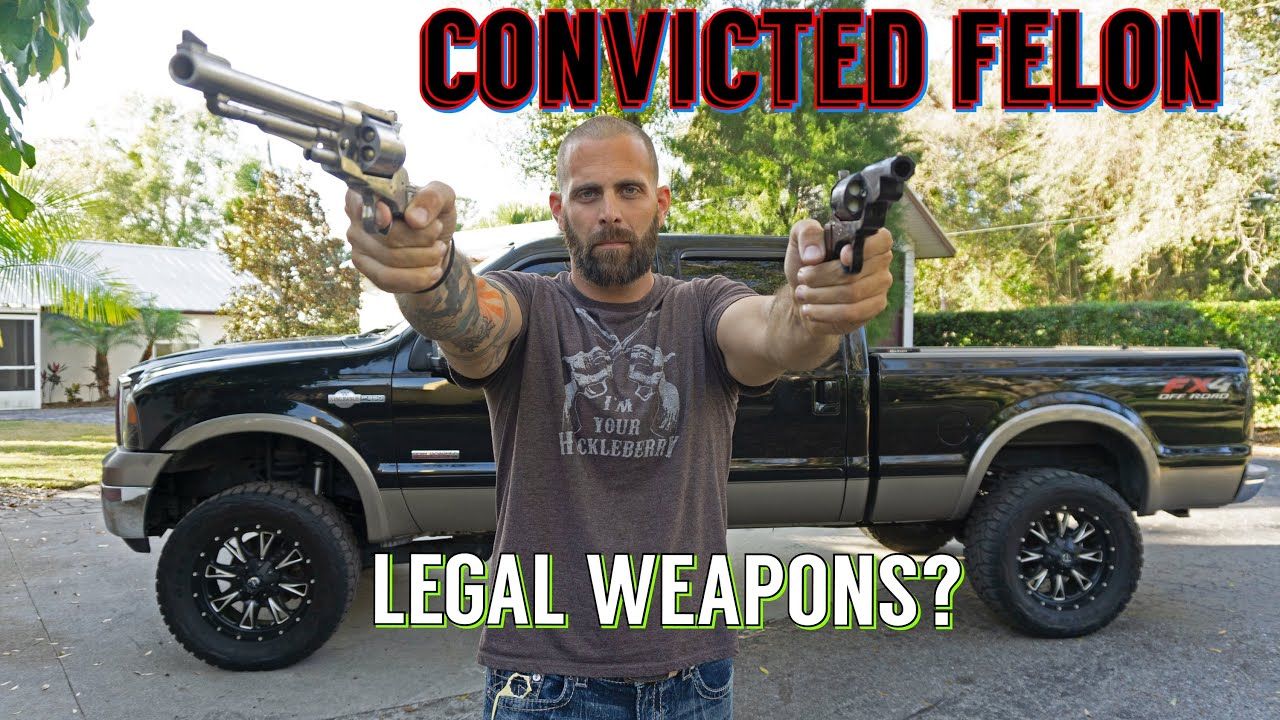When a felon kills someone in self-defense, the legal consequences depend on various factors, resulting in the application of complex laws and legal doctrines. Here’s a detailed explanation:

Initial Legal Evaluation:

- Review & Analysis: Upon the event, law enforcement authorities review all available facts and circumstances to determine if the killing was indeed an act of self-defense. Factors such as the circumstances leading to the incident and the level of threat are meticulously examined.
Preclusion & Exceptions:

- Felony Preclusion: Generally, felons may be prohibited from asserting self-defense as a justification for their actions. The rationale behind this preclusion is that felons are deemed to have forfeited certain rights, including the right to self-defense.
- Exceptions: However, there are exceptions and limitations to the felony preclusion rule. For instance:
- Most jurisdictions allow felons to assert self-defense if they were acting within their dwelling or place of work when the killing occurred.
- Additionally, the preclusion may not apply if the felon was not the initial aggressor or was acting to protect another individual.
Establishing Self-Defense:
- Burden of Proof: In most jurisdictions, the burden of proving self-defense lies with the defendant. This means that the felon must present evidence and arguments to justify their actions.
- Objective & Subjective Elements: To establish self-defense successfully, the defendant must show both objective and subjective elements:
- Objective Element: The defendant must demonstrate that they had a reasonable belief that they were in imminent danger of death or serious bodily harm.
- Subjective Element: The defendant must also prove that they acted to protect themselves from the perceived danger.
Legal Strategies & Defenses:
- Imperfect Self-Defense: Even if the felon fails to fully meet the requirements for self-defense, they may still have options to mitigate their criminal liability.
- Imperfect self-defense may reduce the degree of the crime from murder to manslaughter.
- Withdrawal: If a felon who initially acted in self-defense uses excessive force or attempts to retaliate, they may not be able to claim self-defense any longer. The use of excessive force may negate the self-defense claim.
Legal Consequences & Penalties:
- Criminal Penalties: If a felon is convicted of killing someone in self-defense, the criminal penalties they face will depend on the circumstances of the case and the jurisdiction. The penalties may range from imprisonment to lesser sentences, such as probation or community service.
- Civil Lawsuits: Additionally, the family of the deceased person may file a civil lawsuit against the felon, seeking compensation for the wrongful death.
It’s important to note that the legal framework surrounding felons killing someone in self-defense can vary across jurisdictions. Therefore, consulting a legal professional familiar with the specific laws and precedents in the relevant jurisdiction is crucial to fully understand the legal implications and potential consequences.






